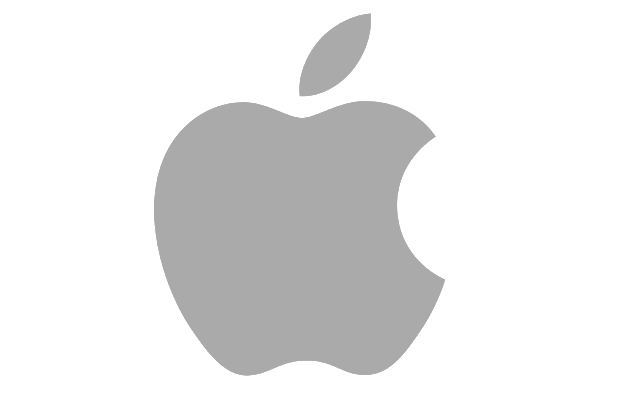
Dacă nu ești în temă cu povestea, ea suna, pe scurt așa: Comisia Europeană spune că Apple are de plătit, din urmă, impozite de 13 miliarde de Euro. Suma este foarte mare, dar nu suficient de mare pentru Apple, care are conturile doldora.
Problema e alta: Apple și-a făcut sediul central din Europa în Irlanda (la Cork) și din anii ’80 până acum a plătit taxe conform legilor din Irlanda. Comisia Europeană spune că Apple ar fi trebuit să plătească taxe conform legilor europene (diferite de cele din Irlanda) și că a mai și creat 1,5 milioane locuri de muncă în Europa pentru care a plătit toate cele.
Poziția Apple este susținută chiar și de președinția americană. În plus, Tim Cook, CEO-ul Apple a transmis astăzi o scrisoare pentru a explica mai bine punctul lor de vedere. Rețin câteva idei:
“Thirty-six years ago, long before introducing iPhone, iPod or even the Mac, Steve Jobs established Apple’s first operations in Europe. At the time, the company knew that in order to serve customers in Europe, it would need a base there. So, in October 1980, Apple opened a factory in Cork, Ireland with 60 employees.
At the time, Cork was suffering from high unemployment and extremely low economic investment. But Apple’s leaders saw a community rich with talent, and one they believed could accommodate growth if the company was fortunate enough to succeed.”
“The European Commission has launched an effort to rewrite Apple’s history in Europe, ignore Ireland’s tax laws and upend the international tax system in the process. The opinion issued on August 30th alleges that Ireland gave Apple a special deal on our taxes. This claim has no basis in fact or in law. We never asked for, nor did we receive, any special deals. We now find ourselves in the unusual position of being ordered to retroactively pay additional taxes to a government that says we don’t owe them any more than we’ve already paid.
The Commission’s move is unprecedented and it has serious, wide-reaching implications. It is effectively proposing to replace Irish tax laws with a view of what the Commission thinks the law should have been. This would strike a devastating blow to the sovereignty of EU member states over their own tax matters, and to the principle of certainty of law in Europe. Ireland has said they plan to appeal the Commission’s ruling and Apple will do the same. We are confident that the Commission’s order will be reversed”.



Be the first to comment